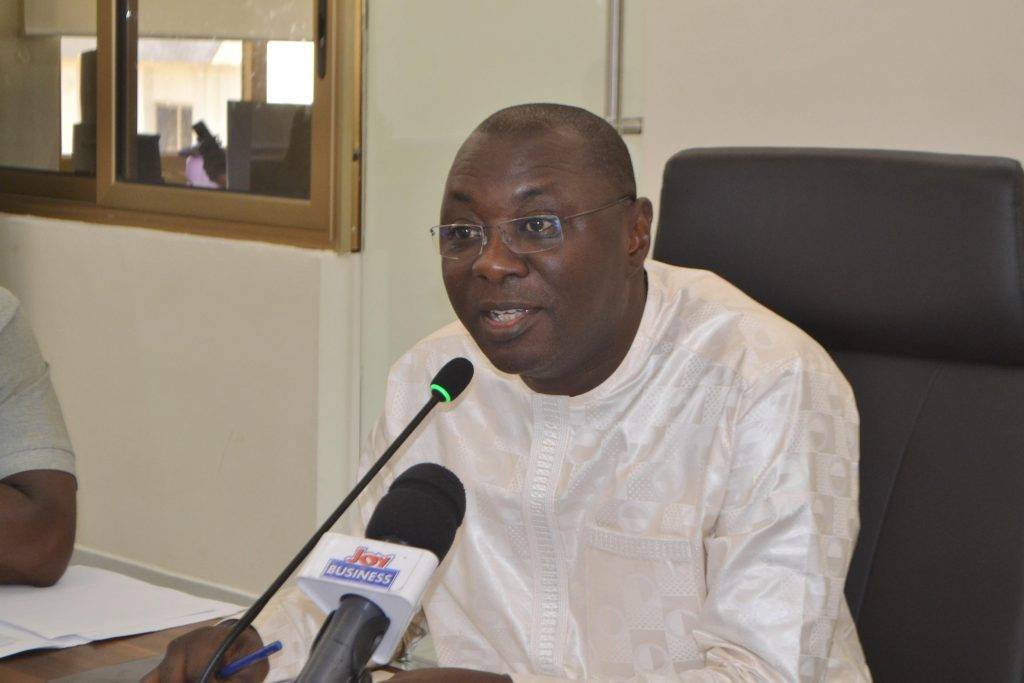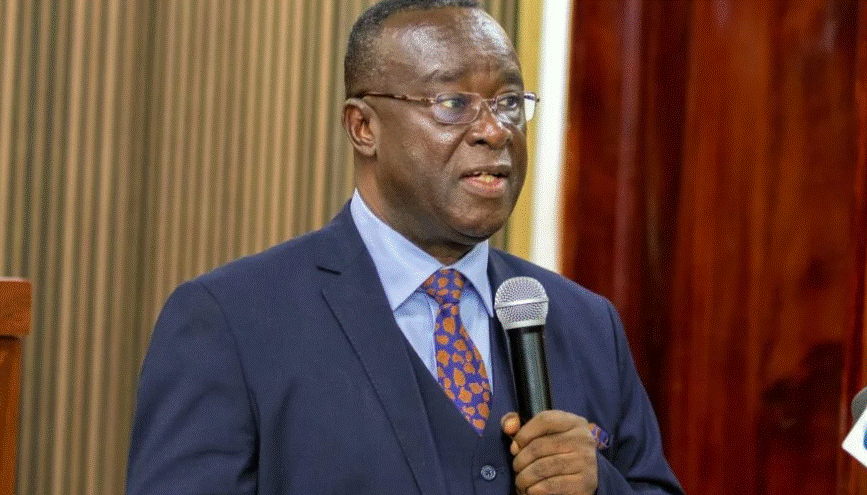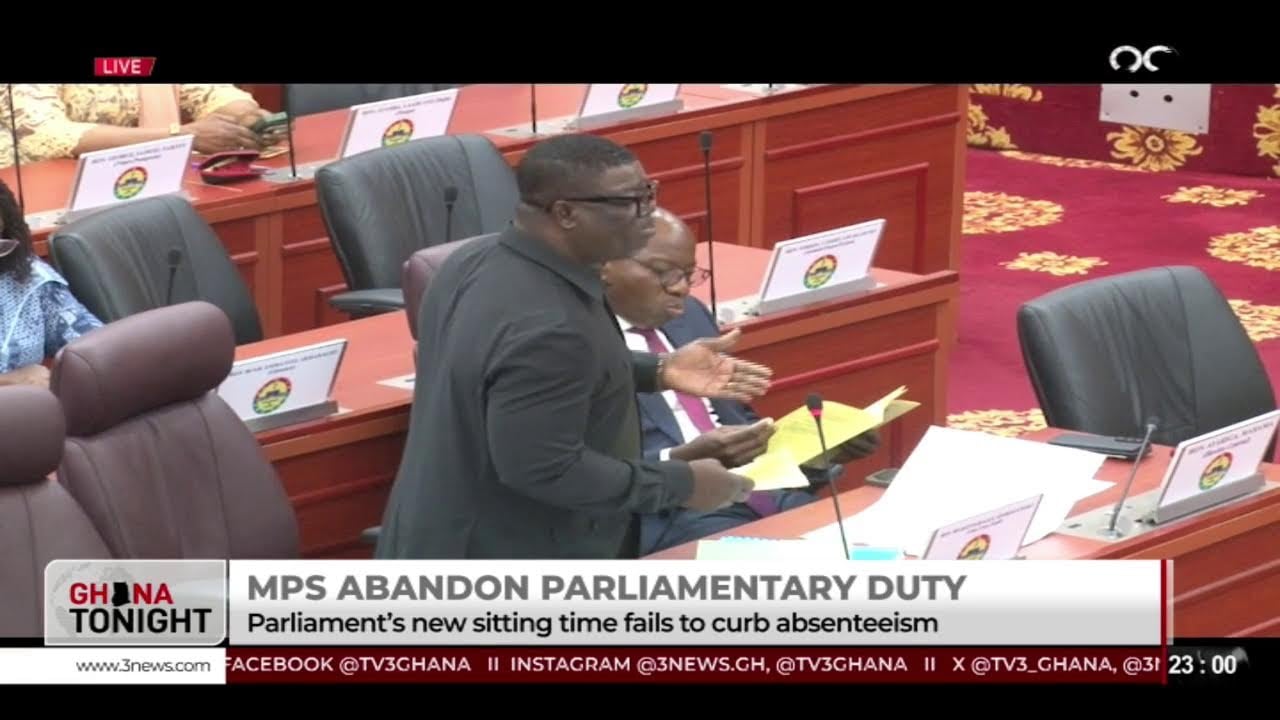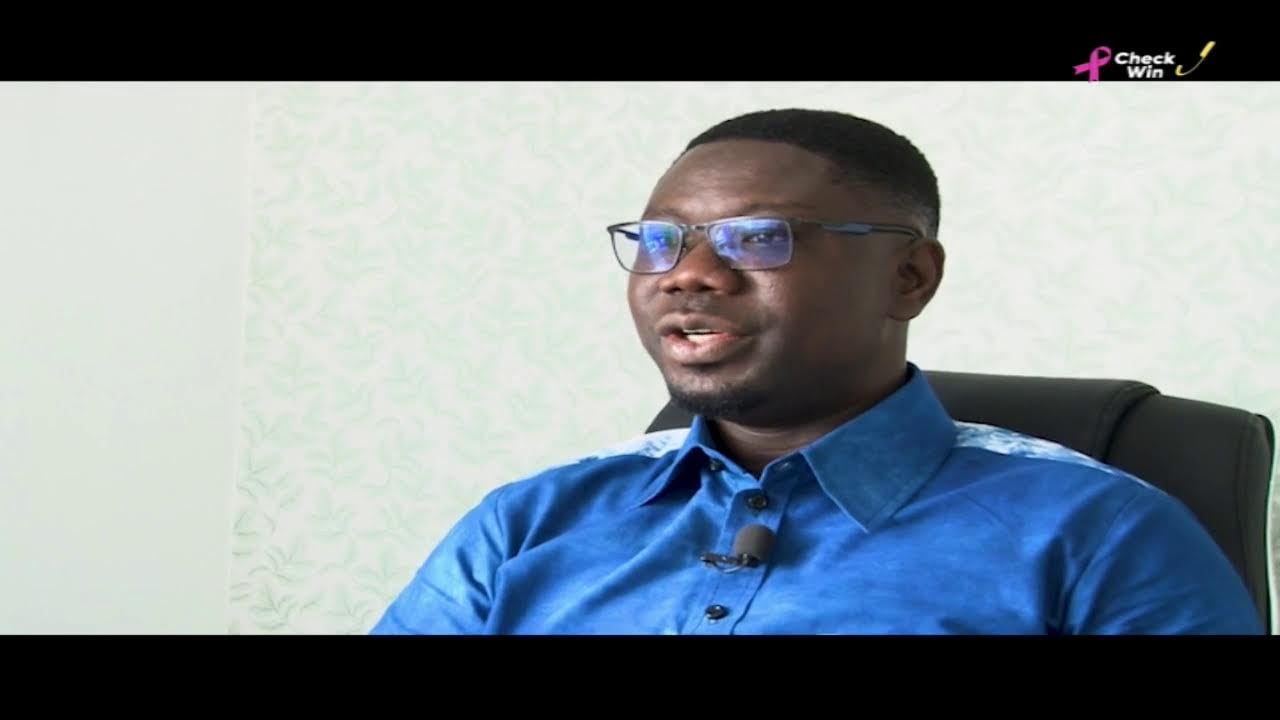
By Christabel Danso ABEAM
The Ministry of Finance has expressed concern that most ministries, departments and agencies (MDAs) continue to neglect climate-related expenditure in their annual budget proposals, despite the country’s increasing exposure to climate risks and government’s substantial investment in climate resilience.
At a workshop on Green Energy Zones and Investment held in Accra, a speech delivered on behalf of the Chief Economic Officer and Director of the Treasury and Debt Management Division at the Ministry of Finance, Samuel Danquah Arkhurst, revealed that with the exception of the Environmental Protection Agency (EPA), MDAs often fail to include climate-related spending in their budget hearings.
He described this trend as worrying, given the country’s dependence on climate-sensitive sectors such as agriculture, water and energy.
“MDAs come to the ministry seeking funding to address various issues, but none of them mention climate-related expenditure. Yet, when they are invited to other platforms, they speak about the importance of climate change,” the representative lamented.
Despite the limited attention given to climate finance by MDAs, Ghana continues to make progress in mobilising funds for climate action and integrating green investment principles into national development planning.
According to the ministry, Ghana has so far received over US$1.3billion from international partners to finance climate-related projects. These include US$225.8million from the Green Climate Fund (GCF), US$300million from the World Bank’s Development Financing Agreement (DFA) for climate service delivery, US$103 million for the Ghana Scale Restoration and Small-Scale Mining Project and US$726million for the Greater Accra Resilience and Integrated Development Project.
Between 2015 and 2020, the ministry disbursed about GH¢14.5billion, representing 4 percent of total public expenditure, to climate-related programmes — a move that underscores government’s commitment to implementing climate action.
Mr. Arkhurst added that the ministry has also introduced several policy frameworks to align public investment with sustainability goals. These include the Green Finance Taxonomy, launched in 2024 as West Africa’s first framework defining green investment criteria; a Sustainable Financing Framework to guide ESG-linked issuances; and a Climate Public Investment Management Framework that integrates climate targets and screening processes into project selection.
“At the Ministry of Finance, we recognise that climate action is an economic imperative. It is about fiscal resilience, competitiveness and inclusive growth. That is why we are embedding climate finance considerations across national planning and budgeting processes,” he stated.
The ministry further called for stronger collaboration among MDAs, Parliament and the private sector to develop feasible green projects capable of attracting global funding. “This will demonstrate how climate partnerships can drive both development and resilience,” the representative added.
The Accra workshop marked Ghana’s first national meeting under the Parliamentarians for Climate Finance (PCF) project, which seeks to promote community-driven climate solutions. The Community Green Energy Zones (CGEZs) initiative, launched under the project, aims to strengthen rural communities and attract investment in renewable energy and climate-smart projects.
During the workshop, the Climate Parliament called for the establishment of a dedicated fund and capacity-building support for Members of Parliament (MPs) to help them implement green energy projects within their constituencies.
Yaw Frimpong Addo, Chairman of the Environment, Science and Technology Committee of Parliament and Chair of the Climate Parliament, backed the proposal, stressing that it would enable MPs to become active agents in Ghana’s green energy transition. “Green energy is the new frontier. We must establish green zones in every part of the country, with MPs taking the lead in their constituencies,” he said.
Dr. Emmanuel Marfo, Climate Parliament Director for West and Central Africa, also revealed that the organisation is developing a climate finance toolkit to help MPs identify funding sources and partnerships for green projects. He explained that this would better equip legislators to access financial opportunities within the green economy.
The event brought together parliamentarians, policy-makers, local leaders, investors and civil society representatives to discuss the piloting and scaling of CGEZs — a model for decentralised energy, climate-smart agriculture and local economic growth.
The Parliamentarians for Climate Finance project, implemented by the Climate Parliament and the United Nations Industrial Development Organization (UNIDO) with support from the Green Climate Fund, spans 15 African countries – including Ghana, Kenya, Nigeria, Rwanda and Zambia. It seeks to mobilise climate finance and support policies that accelerate the transition to renewable energy and sustainable infrastructure.
By strengthening the role of lawmakers in climate governance, the project aims to align national policies with international climate goals while fostering long-term economic growth.
Why it matters
About 2 million Ghanaians are currently vulnerable to food insecurity, while agriculture employs 45 percent of the workforce and contributes 21 percent to gross domestic product (GDP). Erratic rainfall, rising temperatures and threats to hydropower continue to endanger livelihoods and energy supply.
Current climate finance covers only 5–9.5 percent of the estimated US$9.3–15.5billion required to achieve Ghana’s renewable energy and climate targets. The Community Green Energy Zones model integrates decentralised energy, climate-smart agriculture, nature-based solutions and circular economy practices to strengthen rural resilience and attract green investment.
The post MDAs sideline climate expenditure in budget plans – Finance Ministry appeared first on The Business & Financial Times.
Read Full Story






















Facebook
Twitter
Pinterest
Instagram
Google+
YouTube
LinkedIn
RSS